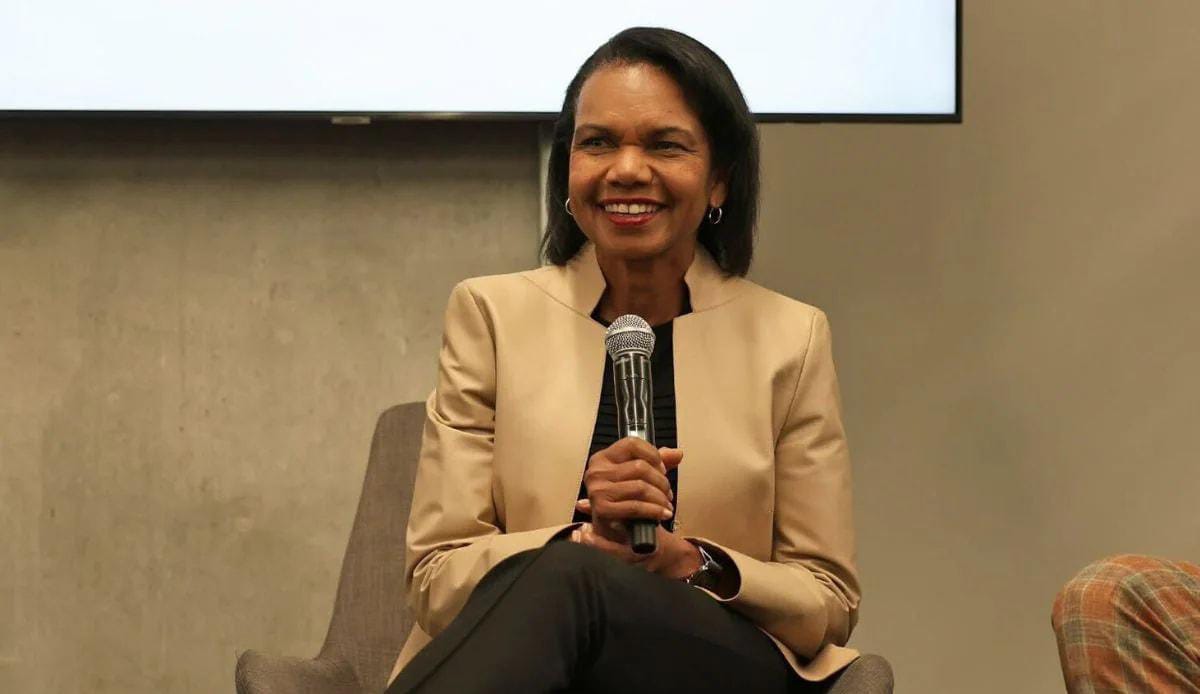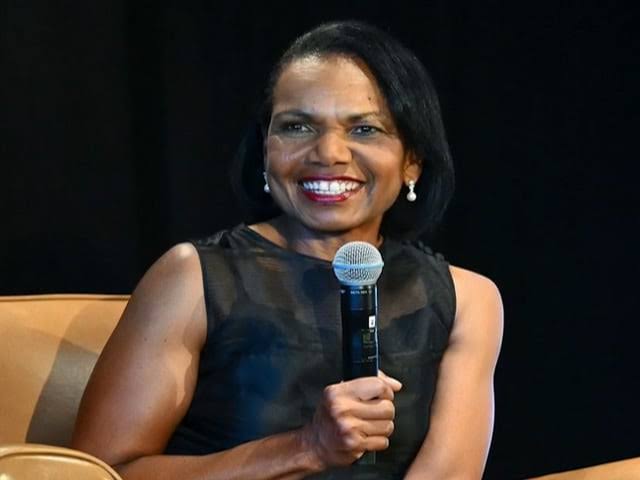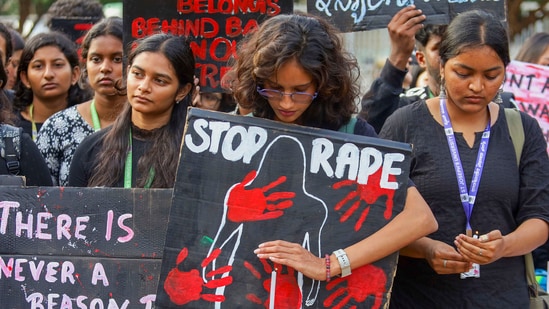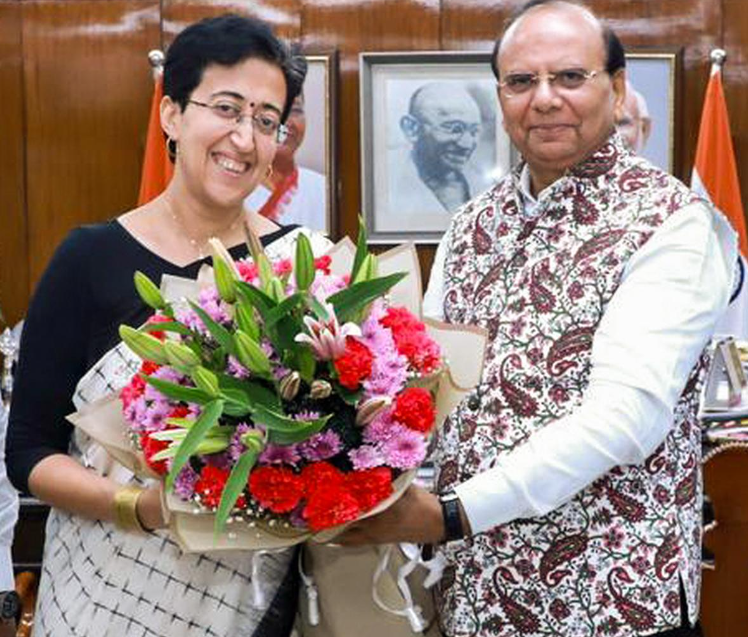Former US Secretary of State Condoleezza Rice has brushed aside concerns about Prime Minister Narendra Modi’s recent visit to Russia, asserting that the US should not expect India to pass a “loyalty test” with every diplomatic move.
 At the Indus X event (India-United States Defence Acceleration Ecosystem), Rice characterized the relationship between India and the US as both enduring and bipartisan, emphasizing that successive US administrations recognize its significance.
At the Indus X event (India-United States Defence Acceleration Ecosystem), Rice characterized the relationship between India and the US as both enduring and bipartisan, emphasizing that successive US administrations recognize its significance.
“Countries, including India, seek strategic autonomy, and that’s perfectly acceptable. However, our shared interests will drive a stronger partnership,” she noted.
Rice, currently a director at the Hoover Institution at Stanford, criticized Russian military equipment as “junk,” suggesting that Modi’s Moscow visit is unlikely to yield significant advancements in defense. She also remarked that the US has been sluggish in enhancing military cooperation with India, missing crucial opportunities.
She pointed out that Modi is aware of the close relationship between Chinese President Xi Jinping and Russian President Vladimir Putin, which could present challenges for India.
Rice described China as a formidable rival to the US, noting that the current situation is more complex than during the Cold War. Unlike the Soviet Union, which was a military power but economically and technologically weak, China has integrated deeply into global technology and supply chains, making it a more challenging competitor.
Rice played a key role in advancing the Indo-US civil nuclear deal during the George W. Bush administration.
In recent months, Prime Minister Modi has visited both Russia and Ukraine and spoke with President Putin on August 27, following a meeting with President Volodymyr Zelensky in Ukraine. India has expressed its commitment to supporting any viable and mutually acceptable solution to restore peace between Russia and Ukraine. Reports indicate that National Security Advisor Ajit Doval will visit Moscow this week to engage in discussions aimed at resolving the ongoing conflict.




